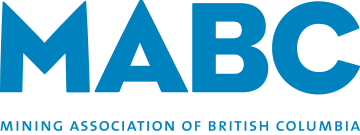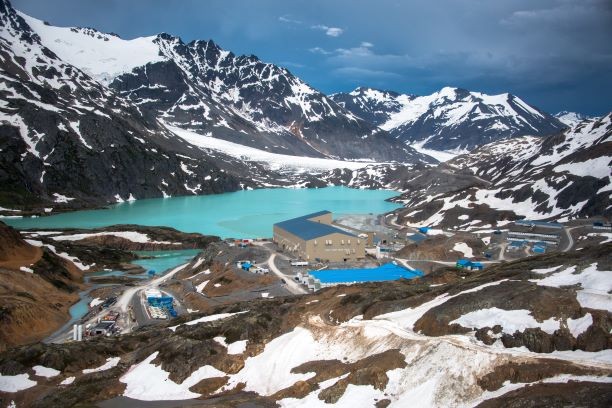It’s been a good couple of weeks for BC mining. AME BC put on a tremendous Roundup last week, entirely virtual and by any measure a success. This week, the annual BC Natural Resources Forum was also held online, with keynotes and panels packed full of insights.
Several points grabbed my attention that are worth sharing.
First was mining icon Robert Friedland’s message to Roundup attendees. Simply put, if we are going to adopt net-zero emissions targets and seriously tackle climate change it’s going to take minerals and metals – a lot of them. Virtually every mineral and metal is going to be needed if we are going to transition to a low carbon future and meet our Paris Agreement targets.
This is a tremendous opportunity for British Columbians. One we cannot let slip by. We have some of the lowest GHG-intensive minerals and metals in the world, thanks in part to our clean electricity. Meeting this growing global demand with responsibly produced metals and minerals from BC, instead of production from other jurisdictions where emissions are higher and environmental protections are lower, will mean fewer overall global GHG emissions. Check out Nelson Bennett’s coverage of Robert Friedland’s talk in Business in Vancouver.
Second was the tone of the minister’s roundtable at the Natural Resource Forum on Wednesday. I didn’t warm to everything that was said, but I was struck by the ministers’ recognition of the importance of natural resources to our province’s economy. More specifically, the acknowledgment that we need to improve and expedite our permitting processes was welcome to hear. And as Bruce Ralston, minister of Energy, Mines and Low Carbon Innovation stated, this can be accomplished without compromising environmental protection. Stay tuned.
Last, Premier John Horgan today announced a new CleanBC initiative to reduce emissions, attract new clean tech industries and support natural resource industries to electrify. One of the advantages of a publicly owned utility like BC Hydro is the ability to use policy levers to incent behaviour you want to see. In the case of mining, offering a discounted electricity rate for seven years will encourage existing and new mines to electrify their operations and employ new technologies to innovate and decarbonize.
It’s smart public policy and a great example of using a carrot, rather than a stick, to help bring about change. In this case, a change that will help create jobs and reduce emissions in BC’s mining sector.



